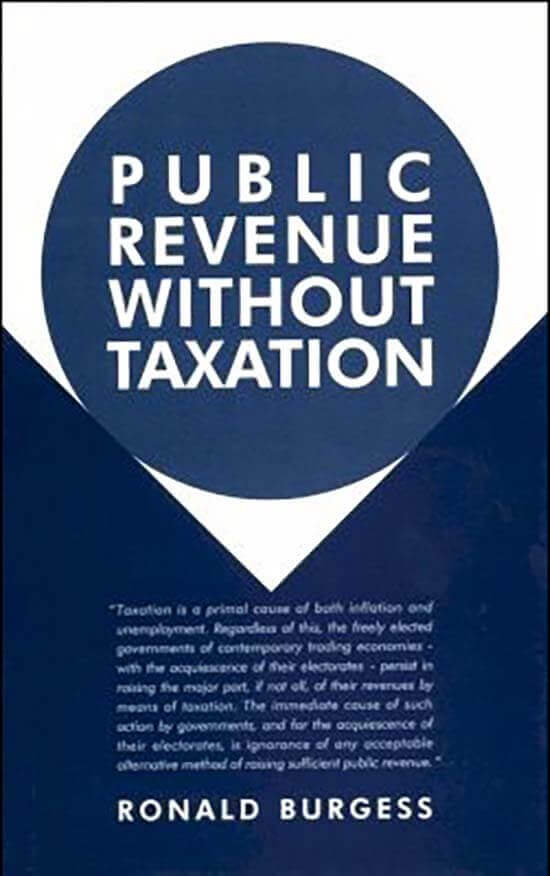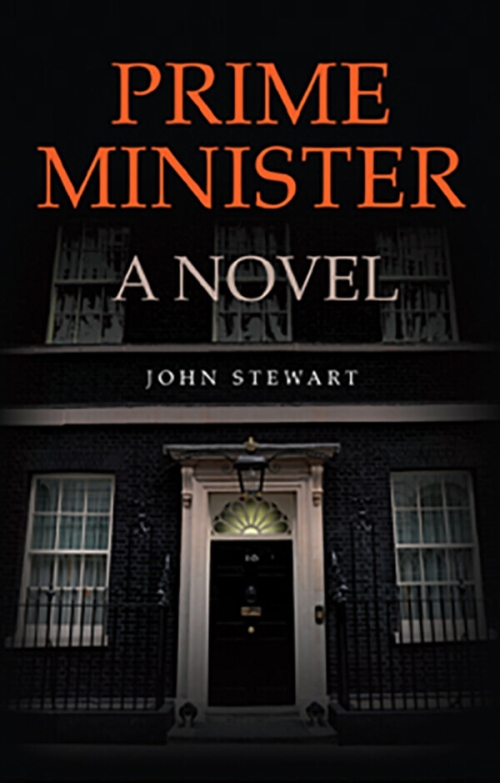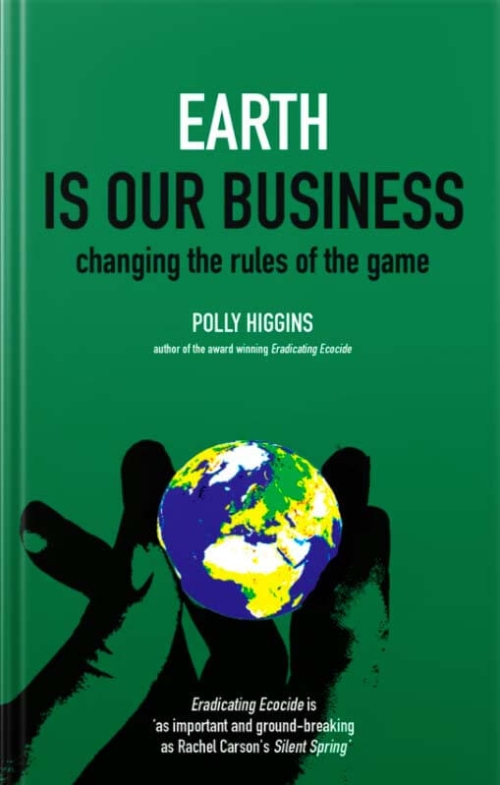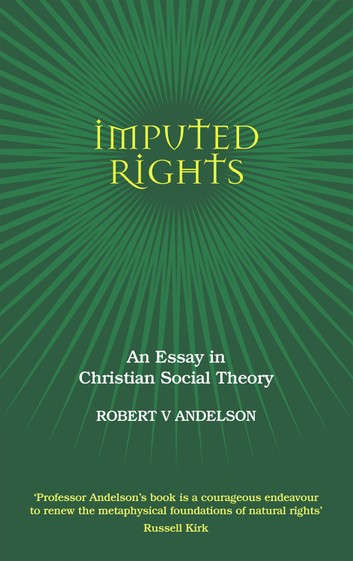Description
This book challenges the need for government to resort to all manner of taxes which restrict economic activity, killing the goose which lays the golden eggs. At the same time it undermines the integrity of the political process and spawns a lucrative tax avoidance industry.
The author argues that not only does taxation flout the principle of private property, but it ‘is a primal cause of both inflation and unemployment. Regardless of this, the freely elected governments of contemporary trading economies – with the acquiescence of their electorates – persist in raising the major part, if not all, of their revenues by means of taxation. The immediate cause of such action by governments, and the acquiescence of their electorates, is ignorance of any acceptable alternative method of raising sufficient public revenue.’
He shows how ‘the development of Keynes’ general theory of employment leads to the conclusion that an open trading economy is likely to be most competitive, and therefore most prosperous, only when taxation is abolished’ – but government must be funded. How can this be done without taxation?
To provide an answer he refines Alfred Marshall‘s distinction between the public and private value of property to reveal an alternative, peculiarly public source of revenue. Unlike a tax, defined by a former Labour Chancellor, Hugh Dalton, as ‘a compulsory contribution imposed by a public authority, irrespective of the exact amount of service rendered to the taxpayer in return’, the ‘public value’ identified by Marshall would deliver an exact equivalence between the benefits enjoyed and the amount paid. On the basis of this widely accepted definition, therefore, it is not a tax but the price for services rendered like any other transaction – the price fixed by the market.
The author shows how reform may be introduced with a minimum of disruption, so that politicians with an eye to re-election, can achieve measurable results during the lifetime of a parliament.
______________________________________________
Author Details
Dr Burgess was a member of the Royal Economic Society with a special interest in taxation and Director of the Economic Study Association till his death.
______________________________________________
Reviews
“Inflation, unemployment and a lack of justice characterize modern trading economies and flow directly from government failure to recognize the principle of private property … A fatal flaw in the approaches of both [demand-side and supply-side] schools is seen to result from the blind acceptance of taxation as a customary and usual payment for government services. Burgess argues that as compulsory payments for which there is no quid pro quo, taxes appropriate and erode private income to the detriment of society in general and to the employee class in particular. From Smith to the Physiocrats to Marshall to Keynes and especially to Henry George, Burgess seeks to establish support for his view that the price of land must serve both as the bedrock for the collection of public revenues and as the ultimate limit on government spending.”
Social and Behavioral Sciences
“thus in a free market a prerequisite for efficiency and competition working together to reduce an economy’s aggregate supply price to a minimum is the abolition of taxation…”
Ronald Burgess









